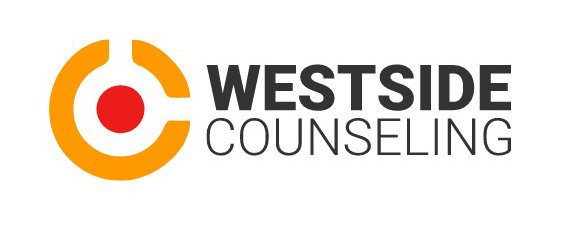Relapse Prevention: Fun Activities, Distraction Planning, and Finding Joy
Hey there! If you're on the journey of recovery, you know that maintaining sobriety requires more than just avoiding substances. It's about building a fulfilling life that supports your well-being. I always say, “If you want to be a happy person, you have to do happy people things.” You can ask any of my clients, and they will roll their eyes they have heard it so much. But it’s true.
In this blog post, we'll explore two essential aspects of relapse prevention: engaging in pleasurable activities and creating a distraction plan. These strategies can help you find joy and stay focused, strengthening your resilience on the path to long-term recovery.
Finding Joy in Pleasurable Activities
Recovery is about more than just abstaining from substances; it's about rediscovering the joy of living. Engaging in pleasurable activities plays a crucial role in relapse prevention by filling our lives with positive experiences and emotions. When we find joy in healthy and fulfilling activities, we reduce the desire to turn to substances for temporary pleasure.
Exploring Hobbies and Interests
One way to incorporate pleasurable activities into your life is by exploring new hobbies or reigniting old passions. Engaging in activities such as painting, hiking, playing an instrument, gardening, or cooking can bring a sense of joy and fulfillment. When we immerse ourselves in these hobbies, we tap into our creativity, talents, and interests, allowing us to express ourselves in a positive way. And they provide more than just a source of enjoyment; they also act as a powerful distraction from cravings and negative thoughts.
When we are fully absorbed in an activity we love and enjoy, our minds are focused on the present moment, and our attention shifts away from the urge to use substances. It provides a healthy escape and helps break the cycle of negative thinking that can lead to relapse.
This can lead to a sense of accomplishment, which we often lack in early recovery. Whether it's seeing a beautiful painting come to life, reaching a scenic mountaintop, mastering a new melody, witnessing a flourishing garden, or creating a delicious meal, these achievements contribute to our self-esteem and overall well-being.
Creating a Distraction Plan
Cravings and triggers are inevitable on the path to recovery, but having a distraction plan can help you stay focused and resilient during those challenging moments. A distraction plan involves identifying alternative activities that redirect your attention away from cravings and negative thoughts. Engage in activities that capture your attention and shift your focus. It could be anything cheap and easy. It only needs to be cheap, legal, and ethical. Go for a walk, listening to music, reading a trashy magazine, or immersing yourself in a creative project. The key is to have a list of go-to activities that you can easily turn to if and when cravings arise.
By finding joy in healthy activities, nurturing relationships, and taking care of yourself, you build a foundation of resilience and well-being. Creating a distraction plan equips you with strategies to redirect your attention during challenging moments. Remember, relapse prevention is about embracing life's joys and staying focused on your commitment to a healthier, substance-free future. You've got this!
